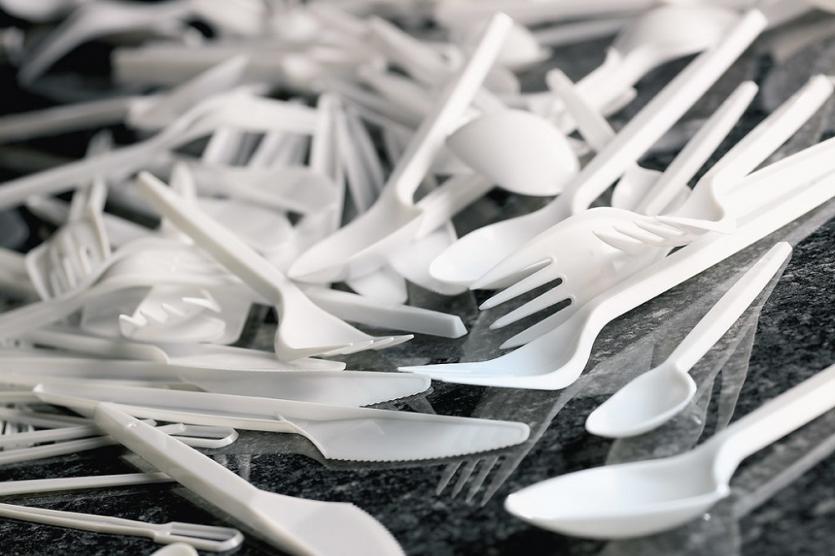Photo: TWD
By Patryk Krych | The World Daily | AUGUST 29th 2021
Under developing government plans, single use plastic plates and cutlery, alongside polystyrene cups are set to be banned in England. A vital step in the process of eliminating single-use plastics altogether, which campaigners say is slow-going.
The British government stated on Saturday that it would be banning plastic cups, plates, cutlery alongside a host of other single-use plastic items as a major part of a new public consultation that is set to launch around the Autumn time, with a focus on environmental betterment.
“We will also introduce a world-leading plastic packaging tax from April 2022, set at 200 pounds ($275.32) per tonne, on plastic packaging which doesn't meet a minimum threshold of at least 30% recycled content,” said the Department for Environment, Food & Rural Affairs.
Though the ban was very much welcomed by environmental campaigners, they still say it’s coming far too slow, as the ban could come into effect in a couple of years. Especially when considering that the European Union (EU) had already progressed to ban single-use cutlery and plates all the way back in July. England’s progress on the environmental action has been “snail-paced” they said.
“We’ve all seen the damage that plastic does to our environment,” said George Eustice, the environment secretary. “It is right that we put in place measures that will tackle the plastic carelessly strewn across our parks and green spaces and washed up on beaches. We have made progress to turn the tide on plastic, now we are looking to go a step further.”
Since 2015, when the government started charging for plastic bags, their overall use in supermarkets had dropped by a remarkably positive 95%. As of recent, several supermarkets have even begun making the changeover from plastic to paper bags as well. It had also put down a ban on plastic microbeads in washing products in 2018, as well as on single-use plastic straws and cotton buds in 2020. This could be the next step in the progress towards banning all single-use plastics entirely.
According to a July report from the United Nations, there have been at least 77 countries worldwide that either partially or fully banned the use of single-use plastics, the majority of these being in Africa. Kenya in particular has had the harshest ban on plastic bags back in 2017.
However, some have argued that with the condition of the world right now, and the ever-increasing weight of plastics ending up in the ocean, creating toxic new environments and interfering with plenty of marine species, such a progressive yet small step on England’s part may not be terribly significant in the grand scheme of things.






